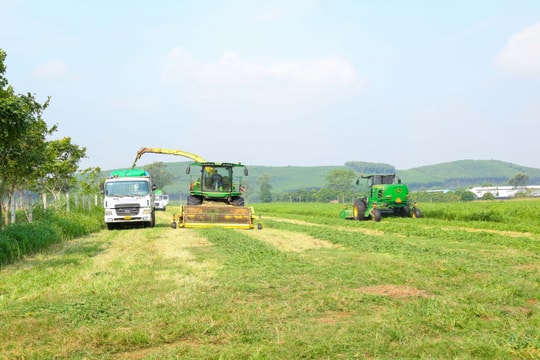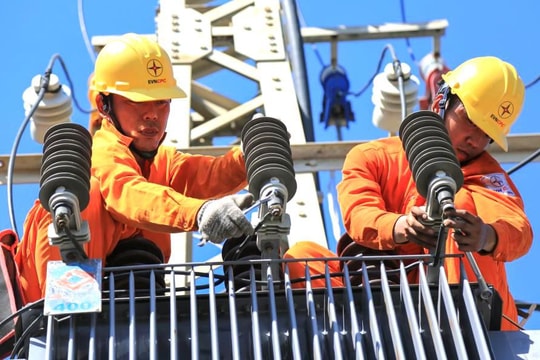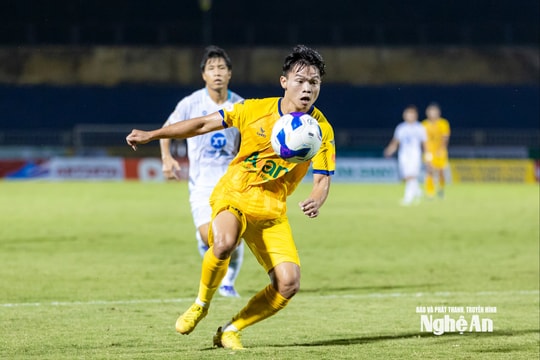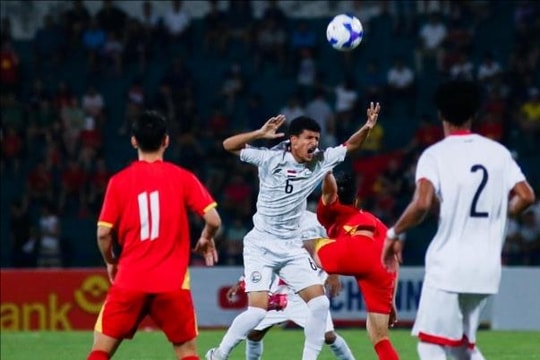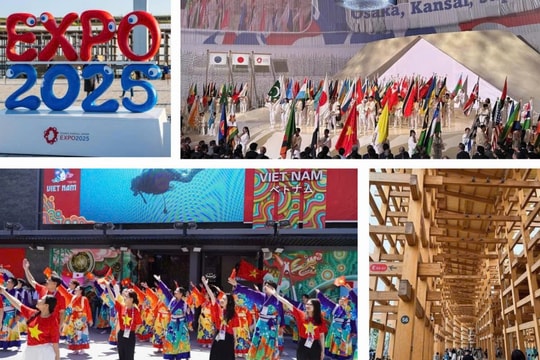Vietnam recruits 10,000 people to participate in Covid-19 vaccine trial
The Director of the Military Medical Academy pledged not to trade the safety of the Vietnamese people for anything else. If the experiment is not safe, it will stop.
On the morning of December 10, the Military Medical Academy officially organized the recruitment of volunteers to participate.clinical trialPhase 1 of Nano Covax vaccineprevent Covid-19Manufactured by Nanogen.
Lieutenant General Do Quyet, Director of the Military Medical Academy, said that the Covid-19 pandemic has been affecting the whole world and shows no signs of stopping. Scientists predict that it will take at least 2-3 years to control the pandemic and only a vaccine can control it.
Professor Quyet shared that he has great confidence in the scientific merits of the Nano Covax vaccine. This vaccine is made using recombinant protein technology, has been evaluated by the National Bioethics Council and leading experts, and has approved the clinical trial research records.
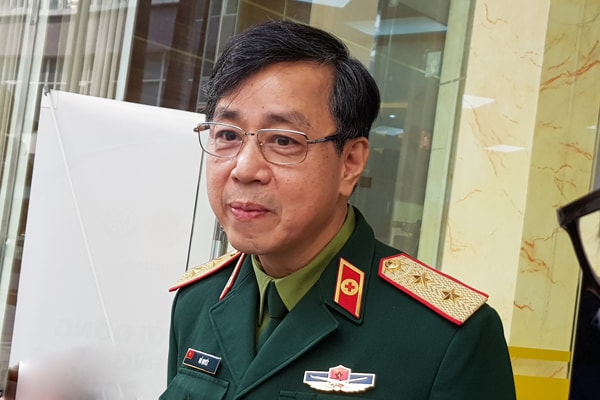 |
| Professor Do Quyet committed to stopping the experiment immediately if any unusual problems were discovered. |
To prepare for the clinical trial, the Military Medical Academy has been preparing for many months, establishing 10 professional teams including emergency, vaccination safety, pharmacy, etc. The hospital team is ready to handle any situation during the trial.
“Safety must come first. We promise that if it is not safe, we will suggest stopping. We will not trade the safety of the Vietnamese people for anything else,” Professor Do Quyet emphasized.
The leaders of the Military Medical Academy also affirmed that they will try to avoid any adverse events during the trial. After the first injection, the volunteers will be monitored 24/7 for the first 3 days.
By 11am this morning, Professor Do Quyet said there were more than 30 people.volunteerregistered to participate in the clinical trial, which is mainly students of the academy. The research team will have 1 week to select, examine and evaluate the health of the volunteers.
Volunteers will be kept confidential and, after being selected, will sign a consent form to participate in the study.
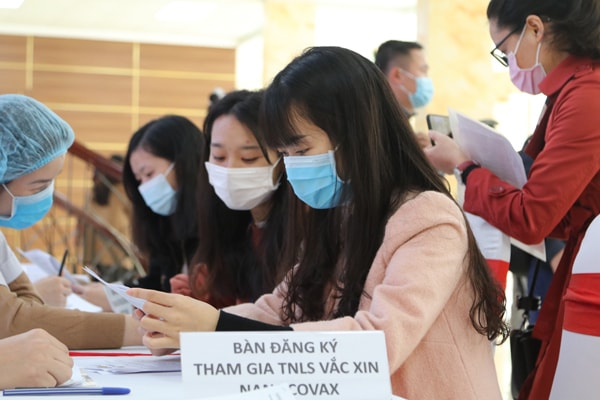 |
| Volunteers signed up to participate in Nanogen's vaccine trial on the morning of December 10. |
In phase 1, the safety of the vaccine will be evaluated on 60 volunteers, divided into 3 groups, respectively injected with 3 vaccine doses of 25 mcg, 50 mcg and 75 mcg.
When 50% of phase 1 is completed, phase 2 testing will continue with about 400-600 people aged 12-75. In addition to the Military Medical Academy, the Pasteur Institute in Ho Chi Minh City and the Central Institute of Hygiene and Epidemiology will participate.
Phase 3 will require at least 1,500 – 3,000 participants, aged 12-75 years old.
In response to the press's question that phase 3 of major pharmaceutical companies in the world are testing on tens of thousands of people, the above number is modest, Mr. Ho Nhan, General Director of Nanogen Company said that clinical trials will last for many years, the number of 1,500 is only the initial number, later it can be expanded to 10,000 people.
Mr. Ho Nhan added that the world is using 4 technologies to produce Covid-19 vaccines, including using inactivated viruses, RNA, live viruses and recombinant technology.
According to Mr. Nhan, the SARS-CoV-2 virus is very smart. Many places use technology to create a gene segment from the virus's spikes and inject it into people to create immunity. This is an indirect way to create a vaccine.
“However, we see many problems if we use this technology because the virus spikes are too big, we cannot inject a whole gene segment of several thousand pairs into a person. If we inject like that, later the gene segments will divide into stem cells, which can leave genetic sequelae and be passed on to future generations,” said Mr. Nhan.
Nanogen chose recombinant technology, by creating fake spikes that are exactly like the spikes on theSARS-CoV-2 virusEach dose of vaccine will include many fake spikes, this is a job that requires a high level of science and meticulousness.
Mr. Ho Nhan expects that if the clinical trial goes smoothly, the clinical trial can be completed by early May, then mass production will begin with a capacity of about 30 million doses/year.
Dr. Nguyen Ngo Quang, Deputy Director of the Department of Science, Technology and Training, Ministry of Health, added that the success of a vaccine depends not only on the manufacturer, researcher, and manager, but also on the social community.
“Therefore, I really want to call for the cooperation of society and all people with the health sector to create a research program that is first and foremost safe and ensures effectiveness so that we can soon have a safe vaccine product to serve the community,” said Mr. Quang.

